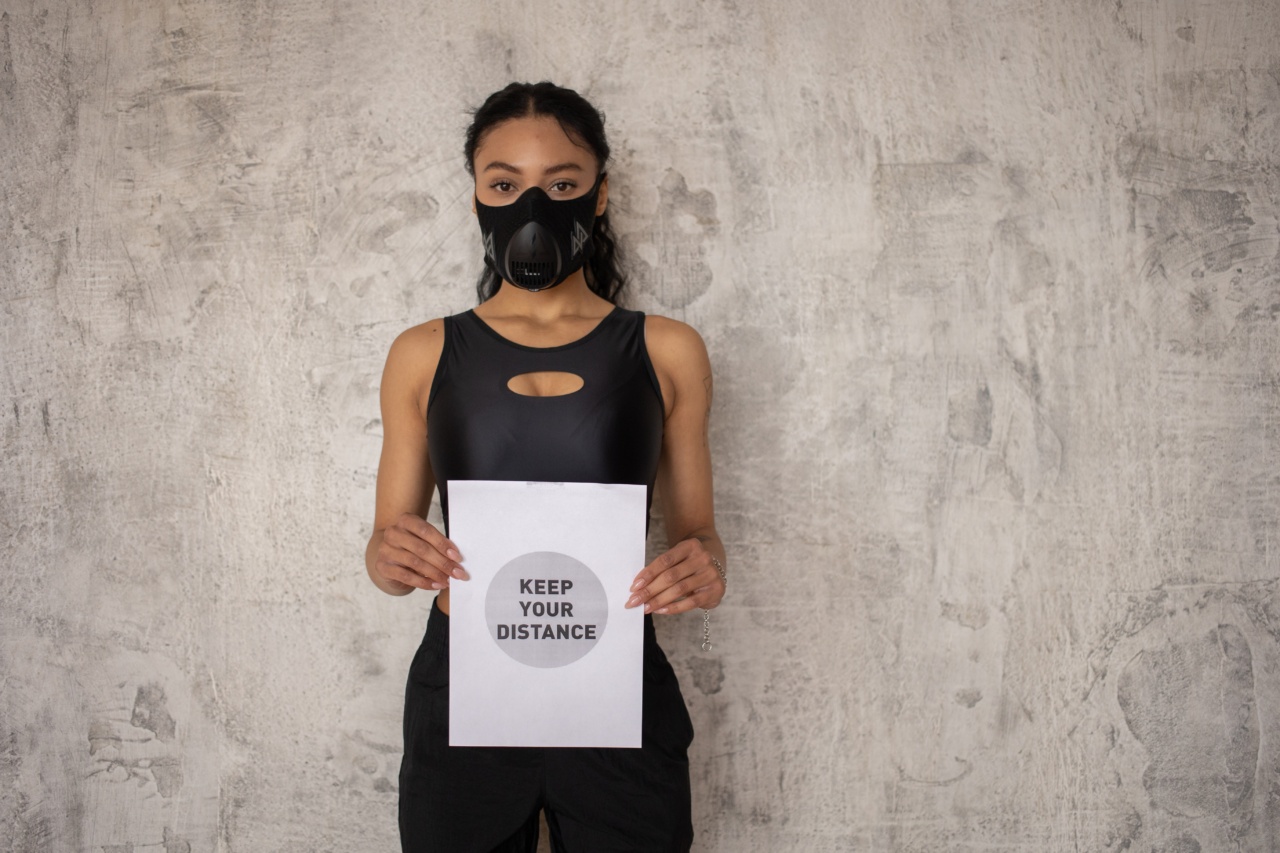Menopause is a natural biological process that marks the end of a woman’s reproductive years. During this stage, hormonal changes occur, leading to various physical and emotional changes.
One of the significant concerns for women during menopause is the risk of developing osteoporosis. Osteoporosis is a disease that affects the bones, making them weak and brittle, thus increasing the risk of fractures. It is essential to protect your bones during menopause, and in this article, we will discuss tips for preventing osteoporosis.
Stay Active
One of the best ways to prevent osteoporosis is to stay active. Exercise helps to build and maintain strong bones. Weight-bearing exercises, such as walking, jogging, dancing, and weightlifting, are particularly effective in preventing osteoporosis.
These exercises place stress on bones, stimulating the body to create new bone tissue. Additionally, resistance exercises, such as lifting weights and using resistance bands, help to strengthen muscles, which are essential for supporting bones. Aim for at least 30 minutes of exercise daily.
Get Adequate Calcium
Calcium is a crucial mineral for bone health. It is essential for building and maintaining strong bones. During menopause, it is recommended that women get 1,200 milligrams of calcium daily.
Good sources of calcium include dairy products, such as milk, yogurt, and cheese, as well as fortified foods, such as orange juice and cereals. If you are unable to get enough calcium through your diet, consider taking a calcium supplement.
Boost Your Vitamin D Intake
Vitamin D is necessary for calcium absorption and bone health. During menopause, it is recommended that women get 600 to 800 IU of vitamin D daily. Unfortunately, it can be challenging to get enough vitamin D through food alone.
The body produces vitamin D when exposed to sunlight. However, many factors, such as climate and skin color, can affect how much vitamin D the body produces. Supplements can also be an excellent source of vitamin D.
Reduce Alcohol Intake
Excessive alcohol intake can harm bone health. It can interfere with the body’s ability to absorb calcium and reduce bone production. Women should limit alcohol intake to no more than one drink per day.
Avoid Smoking
Smoking harms bone health. It can reduce bone density and increase the risk of fractures. Additionally, smoking can interfere with the body’s ability to absorb calcium. Quitting smoking is an essential step in preventing osteoporosis.
Watch Your Medications
Some medications can harm bone health. Corticosteroids, such as prednisone, are known to reduce bone density. Additionally, long-term use of proton pump inhibitors, such as omeprazole, can increase the risk of fractures.
If you are taking any medication, talk to your doctor about the potential effects on bone health.
Eat a Healthy Diet
A healthy diet ensures that the body gets the nutrients it needs to build and maintain strong bones. In addition to calcium and vitamin D, it is essential to eat a diet rich in fruits, vegetables, whole grains, lean protein, and healthy fats.
Get a Bone Density Test
A bone density test measures bone density and can identify osteoporosis before a fracture occurs. Women over the age of 65 should get a bone density test. Women under 65 with risk factors for osteoporosis should also consider getting tested.
Conclusion
While menopause can bring many physical and emotional changes, it is essential to prioritize bone health and prevent osteoporosis.
Staying active, getting adequate calcium and vitamin D, reducing alcohol intake, quitting smoking, watching medication, eating a healthy diet, and getting a bone density test are excellent steps in protecting your bones.




























